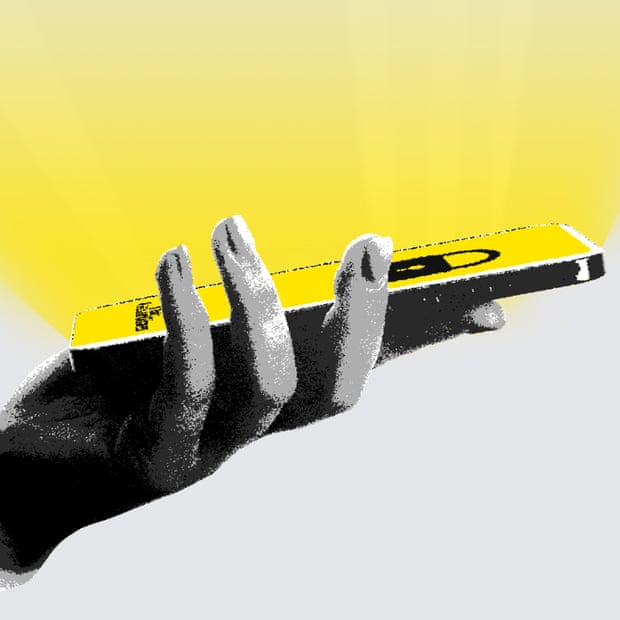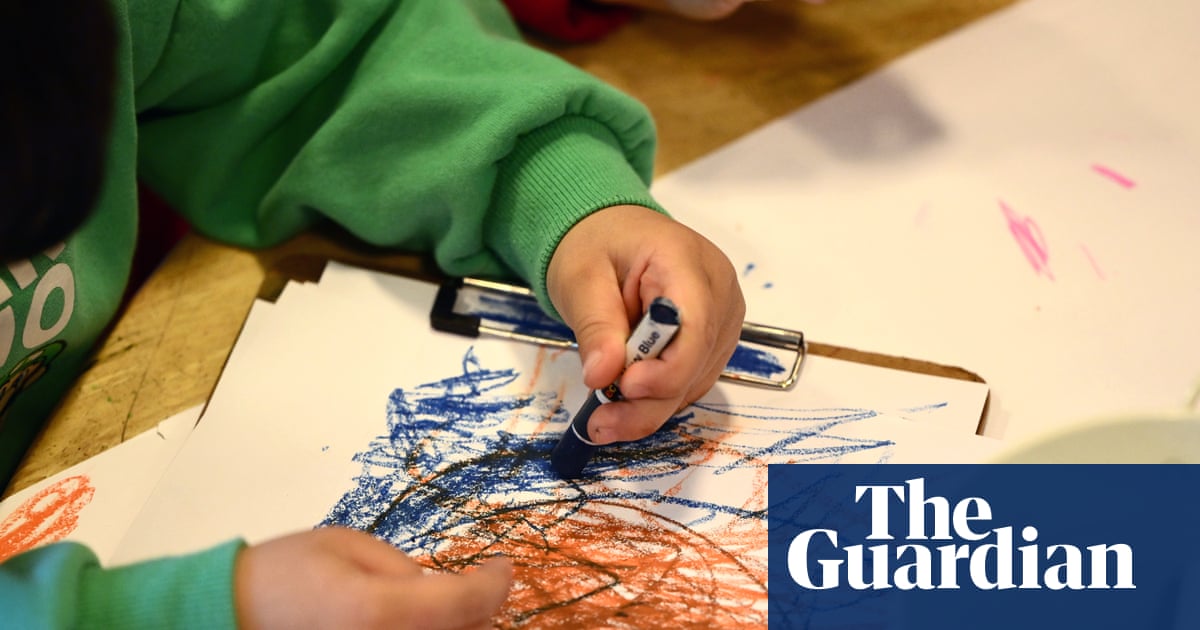Labor is quietly advancing plans for universal childcare in Australia, with new laws to require private operators to hand over sensitive commercial data needed to design a new national system.
Anthony Albanese wants a dramatic expansion in quality childcare services to form part of his political legacy and has pledged to move forward with the plans this term.
The government has already commissioned a private research project on sector wages, property costs and the experience of families and operators, in order to understand the scale of the ambition.
New changes to tax laws used to facilitate childcare benefits and other government payments are being progressed through parliament to allow the Department of Education to require private companies to hand over data about costs and services pricing.
Sign up: AU Breaking News email
The department will be able to receive any information reasonably required for the research, known as the Early Education Service Delivery Prices Project.
Guardian Australia reported in August that Labor had commissioned consulting giant Deloitte to lead the two-year project, with a final report due before the next federal election. That could allow Albanese to use the plan as a linchpin for Labor’s re-election bid.
Provisions included in legislation designed to improve integrity and access to higher education services will create the new powers to collect commercially sensitive data on childcare operators, expected to be used when private companies running early childhood education and care services refuse to provide it voluntarily.
Proper authorisation will be needed for handling of protected information in research, statistical analysis and policy development.
The education minister, Jason Clare, told parliament the new powers would ensure information provided to government was “accurate, comprehensive and representative”.
“Getting a better understanding of the reasonable costs to deliver early childhood education and care services around the country will help us to deliver evidence-based reforms,” he said.
The government will spend at least $10.4m on the research, with Deloitte required to assess service demands and collect data across the early childhood education system.
Findings will help inform “further decisions about the pathway” towards universal childcare.
Albanese said earlier this month plans for universal childcare would be progressed from next year.
skip past newsletter promotion
Sign up to Breaking News Australia
Get the most important news as it breaks
Privacy Notice: Newsletters may contain information about charities, online ads, and content funded by outside parties. If you do not have an account, we will create a guest account for you on theguardian.com to send you this newsletter. You can complete full registration at any time. For more information about how we use your data see our Privacy Policy. We use Google reCaptcha to protect our website and the Google Privacy Policy and Terms of Service apply.
after newsletter promotion
In 2024, the Productivity Commission said removing the childcare subsidy and introducing a flat-fee model of $10 a day would cost $8.3bn annually.
Instead, it recommended one-child families earning less than $80,000 a year – and those with more children earning up to $140,000 a year – should receive three days a week of free childcare for 48 weeks of the year. That would cost $4.7bn if the existing subsidy was also limited to families with a combined income of less than $580,000.
The childcare subsidy will cost the budget about $16.2bn this financial year, and is slated to rise to $18.4bn by 2028-29. With growth of 5.5%, it is one of the big budget measures growing faster than nominal GDP.
The Centre for Policy Development has told a Senate inquiry into childcare that a new funding model guaranteeing three days of free or low-cost childcare per week would cost state and federal governments as much as $7.2bn to $11.5bn more per year.
But the thinktank’s modelling finds a universal system “would generate up to $44bn a year in extra tax revenue, additional GDP growth and associated savings from reduced spending on crime, child protection, welfare and healthcare.”
Parliamentary Budget Office costings for 50 hours of universal care a week, with funding going directly to providers, forecast a bill of $36bn over the forward estimates period – or about $126bn over a decade.
Quick GuideContact Guardian AustraliaShow
If you have something to share about this story, you can contact the Guardian Australia news teams using one of the following methods.
Secure Messaging in the Guardian app
The Guardian app has a tool to send tips about stories. Messages are end to end encrypted and concealed within the routine activity that every Guardian mobile app performs. This prevents an observer from knowing that you are communicating with us at all, let alone what is being said.
If you don’t already have the Guardian app, download it (iOS/Android) and go to the menu. Select ‘Secure Messaging’.
– If you don’t need strong security you can write to a Guardian Australia journalist using the details here. Click on a person to see their details.
– For end to end encrypted email you can create a free Protonmail account and email gaus.contact@protonmail.com.
Messaging apps
You can also use the encrypted messaging apps Signal or WhatsApp to message us at +61 490 758 250.
SecureDrop and other secure methods
If you can safely use the tor network without being observed or monitored you can send messages and documents to the Guardian via our SecureDrop platform.
Finally, our guide at theguardian.com/tips lists several ways to contact us securely, and discusses the pros and cons of each.
Illustration: Guardian Design / Rich Cousins
Thank you for your feedback.
